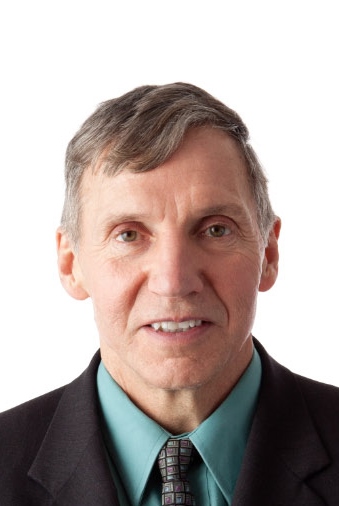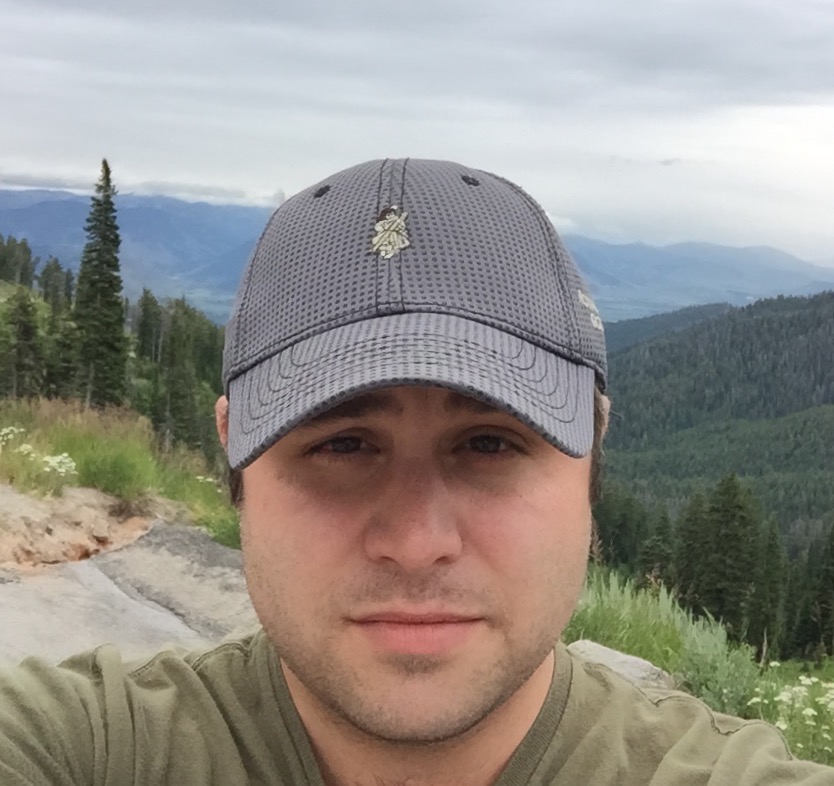Luminary Presentations
- Dealing with Disaster in Space and on Earth –
by Dr. David C Hilmers
- Diagnostics with a Noisy Sensor: From Aircraft to Player Performance –
by Dr. Daniel Mack
The Luminary session is tagged as a keystone event for the 2016 PHM Conference. In this session, experts from different domains provide new insights on the pervasive use of health management methods and technologies. In 2016, the luminary session will take place on Tuesday, October 4th. These sessions are intended not only to highlight the inter-disciplinary aspect of health management, but also promote an interchange of ideas that span diverse application domains.
| Tuesday, October 4, 2016 |
08:00 – 08:45 |
| 08:00–08:05 |
Session Introduction |
| 08:05–08:45 |
Dr. David C Hilmers
Baylor College of Medicine |

Design for Safety
Abstract: The Challenger accident on January 28, 1986 resulted in the first loss of life during a NASA manned spaceflight. The events leading up to this tragedy, the lessons learned, and my experiences as a crew member on the return to flight mission will be discussed. After retirement from NASA and the Marine Corps, I completed medical school, residency, and became a professor at the Baylor College of Medicine in Houston, Texas. My experiences as a physician in an Ebola treatment unit in Liberia during the recent outbreak in West Africa will be described as well as current research on the prevention of and rapid response to new epidemics. The similarities of working in the remote environments of outer space and resource-poor countries will be highlighted.
Speaker Bio: Dr. Hilmers is a Professor in the Departments of Internal Medicine and Pediatrics, the Center for Space Medicine, and the Center for Global Innovation at the Baylor College of Medicine in Houston, Texas. He is board certified in both internal medicine and pediatrics. In addition to teaching, his clinical pursuits have included international HIV, pediatrics special needs, adolescent medicine, aerospace medicine, emergency medicine, tropical medicine, nutrition, and inpatient internal medicine. His research interests include aerospace medicine, refugee health, micronutrient deficiencies, food fortification programs, disease outbreaks such as Ebola, and the influence of malnutrition on infectious diseases such as HIV and malaria. He has done international volunteer service and disaster relief work in over 50 countries and recently spent two months treating patients in an Ebola Treatment Unit in Liberia. Prior to entering medical school at the age of 42, he was a Marine Corps colonel, aviator and electrical engineer and served as a NASA astronaut on four space shuttle missions, including the first after the Challenger accident. |
| Wednesday, October 5, 2016 |
08:00 – 08:45 |
| 08:00–08:05 |
Session Introduction |
| 08:05–08:45 |
Dr. Daniel Mack
Kansas City Royals |

Diagnostics with a Noisy Sensor: From Aircraft to Player Performance
Abstract: The knowledge and experience gained in Dr Mack’s projects in Diagnostics and and Anomaly Detection for Aircraft provided a unique look at player performance analytics, that goes beyond the data-driven tools used. In this talk, Dr Mack will discuss a bit about a domain transformation that is inspired from the diagnostics work, and what the future might hold for sports analytics in this mold. With that link in place, Dr Mack will then touch upon how he would bring information back across that transformation into PHM.
Speaker Bio: Dr. Daniel Mack enters his fourth season with the Royals and second with the title of Director of Baseball Analytics/Research Science, being promoted on January 5, 2015. He was originally hired by the organization in 2013 as an Analyst in Baseball Analytics. Mack works closely with the Baseball Analytics staff to assist with quantitative research and development of analytics in support of all areas of Baseball Operations. Prior to accepting the job with Kansas City, Mack obtained a doctorate in Computer Science from Vanderbilt University. At Vanderbilt, Mack’s dissertation focused on Machine Learning and Anomaly Detection. While pursuing his doctorate, Mack worked as a research assistant at the Institute for Software Integrated Systems where he and his research group won the NASA Associate Administrator Award for Technology and Innovation for work combining machine learning with fault diagnosis. He was also a teaching assistant while completing his master’s degree in computer science with a concentration in machine learning at Columbia University in New York. Mack graduated with a bachelor’s degree in computer science from the University of Notre Dame in 2006. A native of Reno, Nev., he resides in Kansas City, Mo. |
Luminaries Chairs:
Andy Hess
Karl Reichard
Ramasamy Poongavanam
Ash Thakker
General Chairs:
Karl Reichard
Dave Larsen
email: chair@phmconference.org


